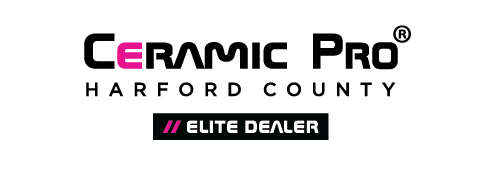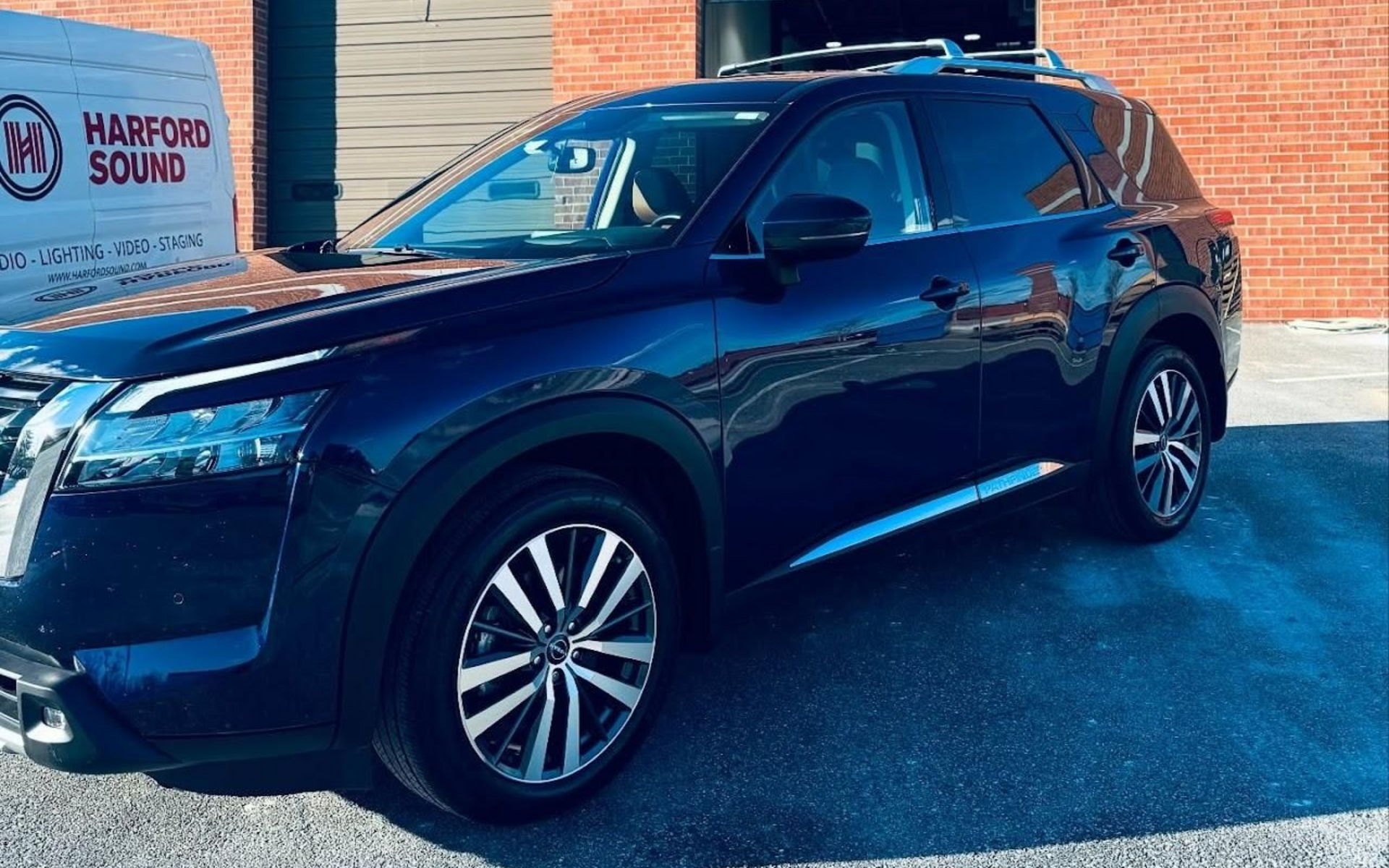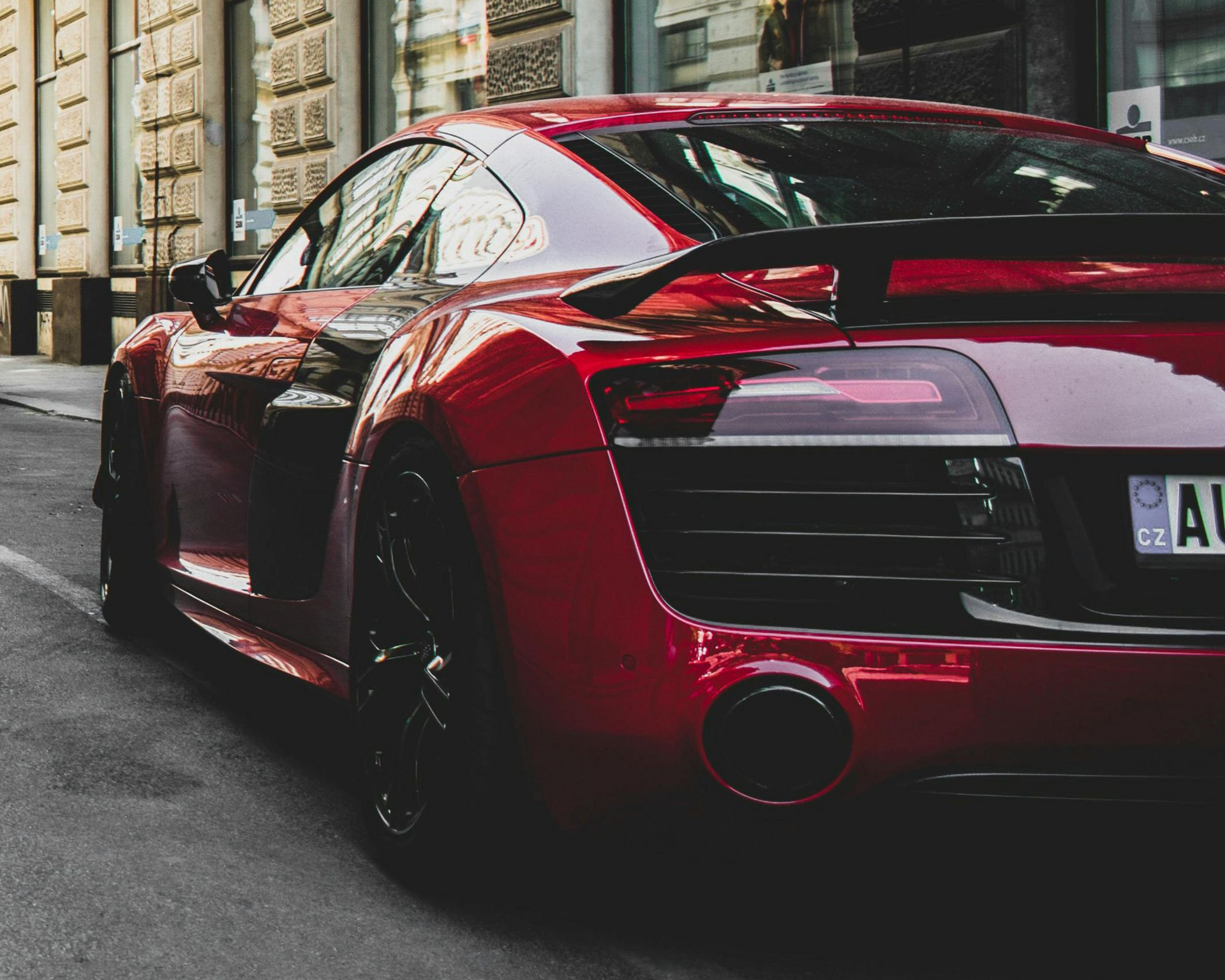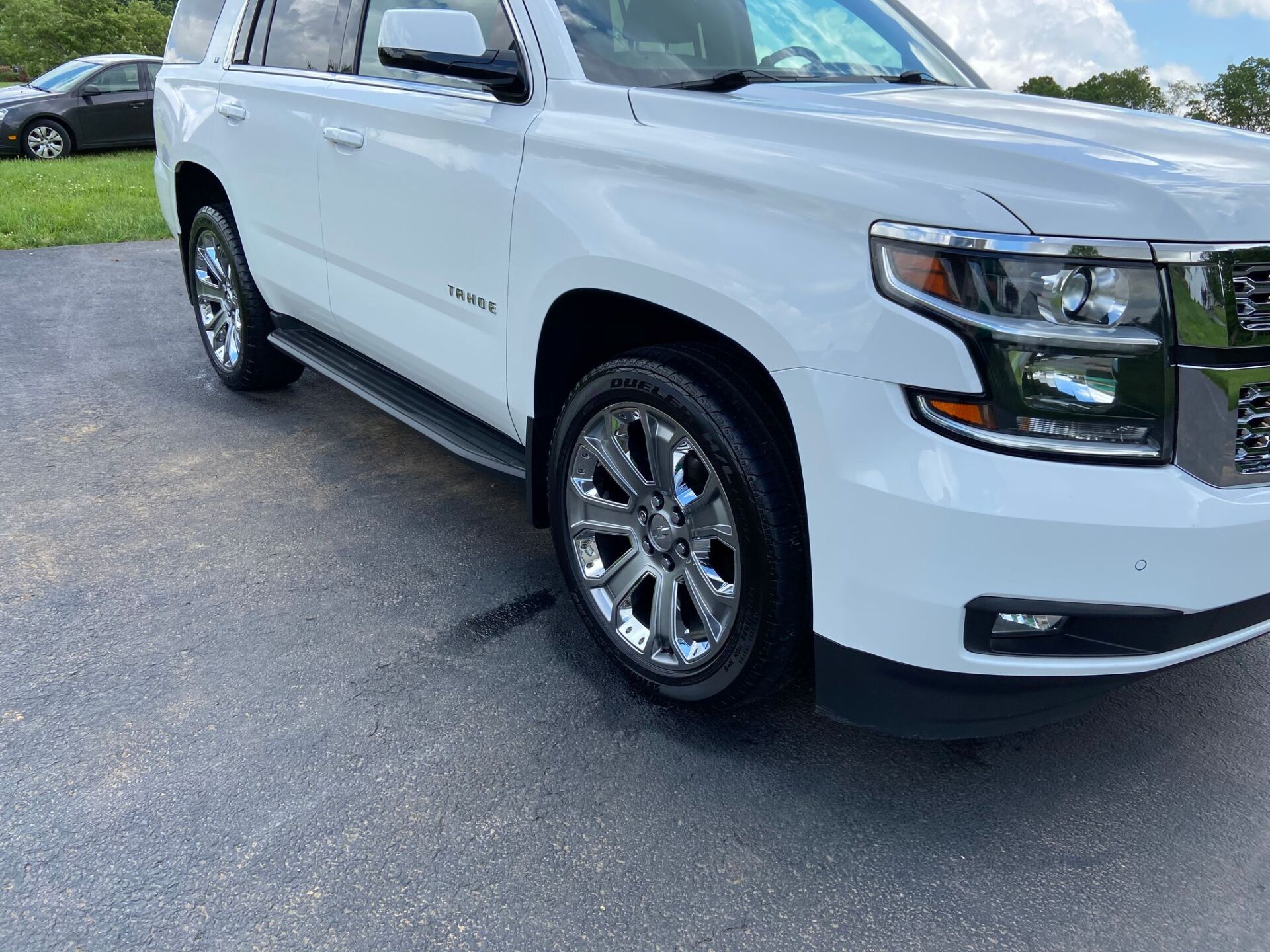Ceramic Coating vs Wax vs Sealants: Which Protection is Right for Your Car?
CALL (443) 364-8659
When you're standing in the auto parts aisle staring at dozens of paint protection options or researching ceramic coating services online, the choice can feel overwhelming. Should you stick with traditional wax, upgrade to a synthetic sealant, or invest in professional ceramic coating? Each option promises to protect your vehicle's paint, but they deliver vastly different results in terms of durability, cost, and performance.
As an official Ceramic Pro Elite Dealer serving Maryland since 2015,
Kleen Whips Auto Detailing has helped thousands of vehicle owners navigate this exact decision. Whether you drive a daily commuter, weekend enthusiast car, or anything in between, understanding the fundamental differences between these paint protection options will help you make an informed choice that matches your lifestyle and budget.
Professional installation is recommended for optimal results. Performance may vary based on environmental conditions, maintenance practices, and driving habits.
In this comprehensive guide, we'll break down the science behind each protection method, compare their real-world performance, and provide expert recommendations to help you choose the right solution for your specific needs.
Understanding the Basics: What Are Your Paint Protection Options?
What is Ceramic Coating?
Ceramic coating represents the latest evolution in automotive paint protection technology. This liquid polymer contains silicon dioxide (SiO2) particles that chemically bond with your vehicle's factory clear coat, creating a semi-permanent protective layer. Unlike wax that sits on top of the paint surface, ceramic coating forms molecular bonds that become part of your vehicle's finish.
Professional-grade ceramic coatings, such as
Ceramic Pro products offered by Kleen Whips Auto Detailing, require specialized application techniques and controlled environments. The coating cures through a chemical reaction, typically taking 24 to 48 hours to harden fully. Once cured, it creates a highly durable barrier that can last several years with proper maintenance.
The hydrophobic properties of ceramic coating cause water to bead up and roll off the surface, taking dirt and contaminants with it. This self-cleaning effect significantly reduces maintenance requirements while maintaining a consistently glossy appearance.
What is a Car Wax?
Car wax has been the traditional choice for paint protection for over a century. Natural carnauba wax, derived from Brazilian palm trees, remains the gold standard for achieving deep, warm gloss. However, modern waxes often blend carnauba with synthetic polymers to improve durability and ease of application.
Wax works by creating a sacrificial barrier on top of your paint. It fills microscopic imperfections in the clear coat, providing a smooth, glossy surface that enhances color depth and shine. The protective layer shields paint from UV rays, light surface abrasions, and environmental contaminants.
Unlike ceramic coating, wax doesn't chemically bond with the paint. Instead, it sits on the surface, where it gradually wears away through washing, weather exposure, and daily wear and tear. This temporary protection requires regular reapplication to maintain effectiveness.
What are Paint Sealants?
Paint sealants bridge the gap between traditional wax and ceramic coating technology. These synthetic polymer-based products offer greater durability than wax while remaining more affordable than professional ceramic coatings. Most sealants use acrylic or polytetrafluoroethylene (PTFE) polymers to create a protective barrier.
Sealants excel in harsh weather conditions where carnauba wax might fail. They resist heat, cold, and UV degradation more effectively than natural wax while providing consistent protection for six months to a year. Many enthusiasts prefer sealants for daily driver vehicles that need reliable protection without the maintenance demands of frequent wax applications.
The application process for sealants typically involves spray-on or liquid formulations that cure to a hard, glossy finish. While they may not achieve the same depth of gloss as premium carnauba wax, sealants provide excellent protection and ease of maintenance.
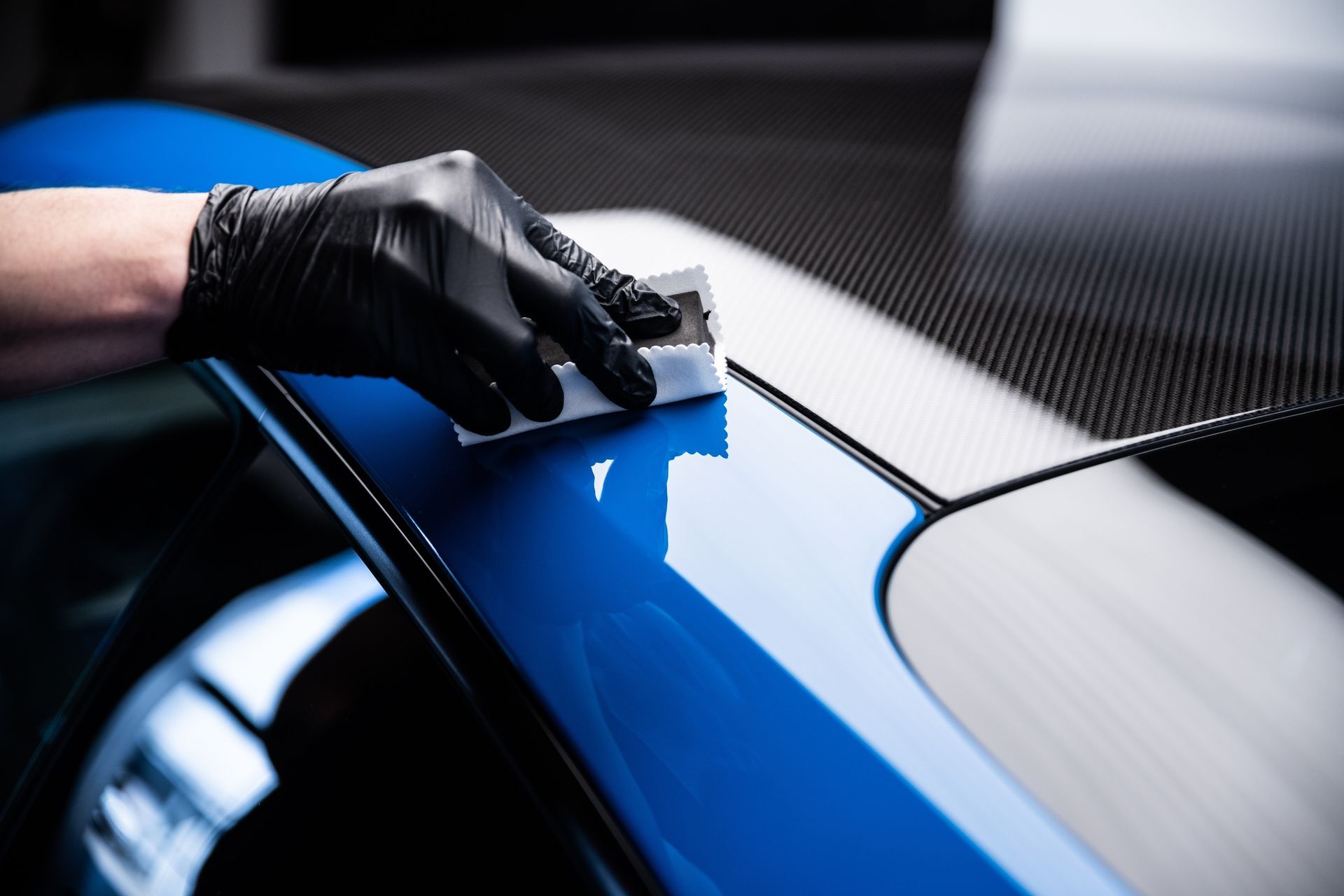
Head-to-Head Comparison: Performance Metrics That Matter
Durability & Longevity
Wax Performance: Traditional carnauba wax typically lasts 2-3 months under usual driving conditions. High-quality paste waxes may last up to 4 months, while spray waxes generally require monthly reapplication. Factors like climate, washing frequency, and parking conditions significantly impact longevity.
Sealant Performance: Synthetic sealants generally provide 6-12 months of protection. Premium formulations can last up to 18 months in ideal conditions. Sealants maintain more consistent performance throughout their lifespan compared to wax, which gradually diminishes in effectiveness.
Ceramic Coating Performance: Professional ceramic coatings offer 2-7+ years of protection depending on the specific product and maintenance routine.
Ceramic Pro packages at Kleen Whips Auto Detailing range from 2-year warranties on Bronze packages to lifetime warranties on Ultimate Ion packages. The coating's chemical bond with the paint ensures consistent performance throughout its lifespan.
Results may vary based on environmental conditions, maintenance practices, and driving habits.
Protection Level Analysis
UV Resistance: Ceramic coating offers exceptional UV protection through its dense molecular structure, which blocks harmful rays. Quality sealants offer moderate UV resistance, while wax provides basic protection that diminishes as the product wears away.
Chemical Resistance: Professional ceramic coatings excel against acid rain, bird droppings, tree sap, and road salt. The cured coating creates an inert barrier that prevents these contaminants from etching into the paint. Sealants offer good chemical resistance, while wax provides minimal protection against acidic substances.
Surface Protection: While no paint protection prevents all damage, ceramic coating's hardness rating (typically 9H on the pencil hardness scale) provides excellent defense against light swirl marks and minor surface abrasions. Sealants and wax offer minimal surface protection but can help reduce the appearance of existing imperfections.
No paint protection product can prevent all types of damage. Professional installation and proper maintenance are essential for optimal performance.
Water Behavior: Ceramic coating produces dramatic hydrophobic effects, with water contact angles exceeding 110 degrees. This extreme water beading helps prevent water spots and makes washing more effective. Sealants provide good water beading, while wax offers moderate hydrophobic properties that diminish over time.
Cost Analysis: Initial Investment vs Long-Term Value
Wax Costs: High-quality carnauba wax costs $20-60 per application, requiring 4-6 applications annually. DIY annual costs typically range from $80 to $360, while professional applications cost $50 to $150 per service.
Sealant Costs: Premium sealants cost $30-$80 per application, with 1-2 applications needed annually. Professional sealant services range from $100 to $300, making the annual investment comparable to the cost of frequent wax applications.
Ceramic Coating Costs: Professional ceramic coating represents a significant upfront investment. At Kleen Whips Auto Detailing, packages range from $949 for Bronze to $2699 for Ultimate Ion. However, when calculated over the warranty period, ceramic coating often provides excellent value compared to repeated wax or sealant applications.
For example, a $1,399 Ceramic Pro Ion package with a 7-year warranty costs approximately $200 annually, comparable to professional wax services, while providing enhanced protection and reduced maintenance requirements.
Performance in Real-World Conditions
Daily Driver Scenarios
For vehicles used in daily commuting, protection needs to focus on ease of maintenance and consistent performance. Ceramic coating excels in this application because it maintains its protective properties regardless of washing frequency or environmental exposure.
Daily drivers face unique challenges, including parking lot damage, road salt, highway debris, and the need for frequent washing. The self-cleaning properties of ceramic coating reduce maintenance time while ensuring the vehicle maintains a consistently clean appearance. Busy professionals appreciate spending less time on car care while maintaining a professional appearance.
Sealants work well for daily drivers when budget constraints make ceramic coating impractical. They provide reliable protection that doesn't require the precise maintenance timing of wax applications. However, they lack the extreme durability needed for high-mileage vehicles or harsh daily conditions.
Enthusiast & Show Car Applications
Car enthusiasts often prioritize appearance over pure convenience. Premium carnauba wax still provides exceptional results for achieving the deepest, warmest gloss that enhances paint depth and color saturation. Show car owners frequently choose wax for its unmatched visual impact during competitions.
However, many enthusiasts now combine ceramic coating with periodic wax applications. The ceramic coating offers long-term protection while allowing for the application of specialized waxes for shows or special events. This hybrid approach balances protection and appearance.
Paint correction services at Kleen Whips Auto Detailing become crucial for enthusiast applications. Most ceramic coating packages include Level 1 paint correction to ensure the coating bonds to a flawless surface. This preparation work significantly enhances the final appearance, regardless of the chosen protection method.
Harsh Environment Considerations
Vehicles exposed to extreme conditions require maximum protection. Coastal areas with salt exposure, regions with severe winters, or high-UV desert climates demand the durability of ceramic coating.
Salt air and road salt create highly corrosive conditions that quickly degrade wax and sealant protection. Ceramic coating's chemical resistance prevents salt from etching into the paint, making it essential for vehicles in these environments.
UV exposure in southern climates accelerates the breakdown of organic waxes and can cause paint fading. Ceramic coating's UV-blocking properties preserve paint color and prevent oxidation, which can lead to costly repainting.
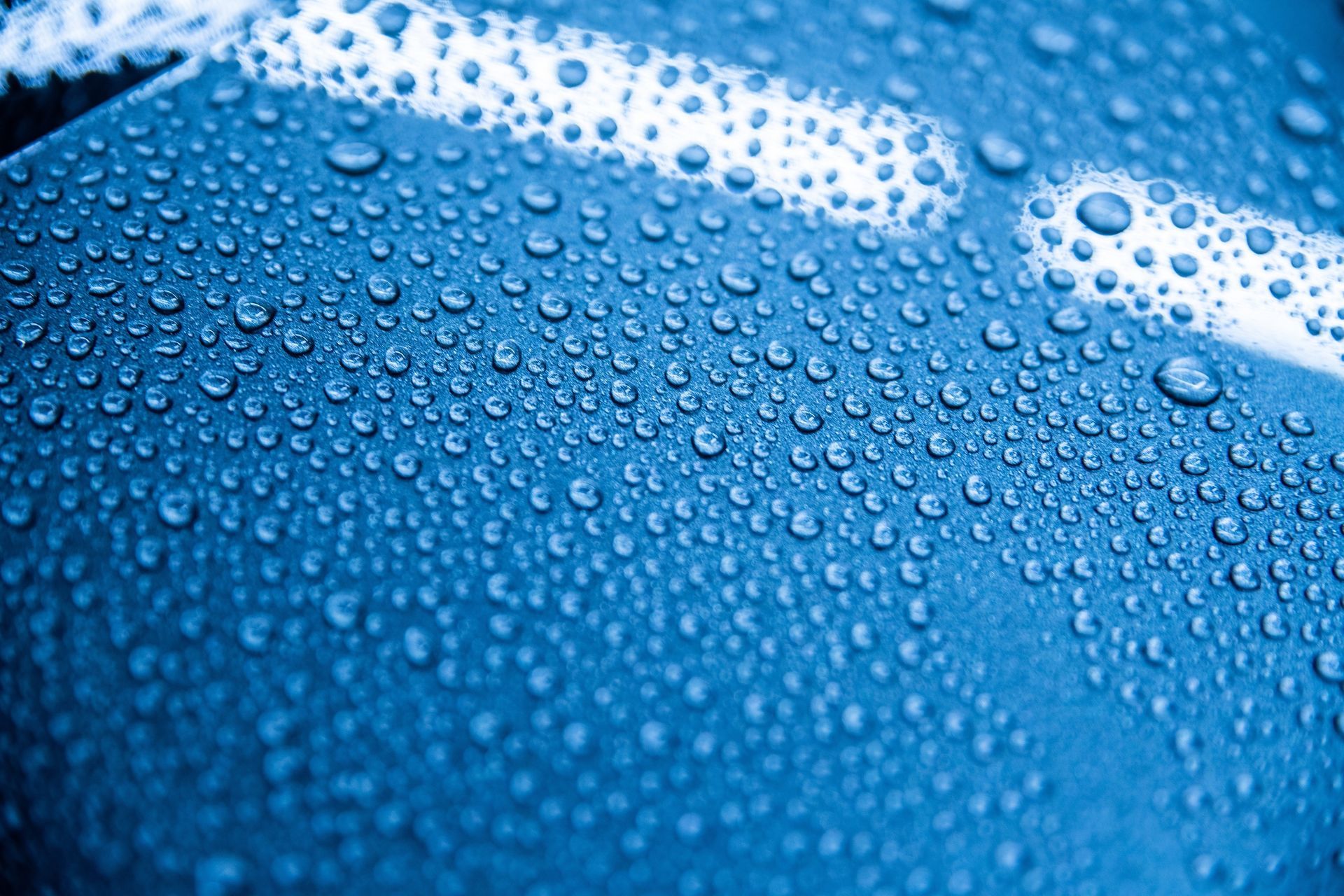
Application & Maintenance Requirements
Professional Installation Advantages
Professional ceramic coating installation ensures proper surface preparation, controlled application environment, and warranty protection. At Kleen Whips Auto Detailing, our Ceramic Pro Elite Dealer certification ensures that installations meet manufacturer specifications.
Professional installation is required for warranty coverage and optimal performance. Results may vary with DIY applications.
Surface preparation includes thorough decontamination, paint correction if needed, and final paint inspection. Professional installers have access to controlled environments that prevent contamination during the critical curing period. This preparation work often determines the coating's long-term performance more than the coating itself.
DIY ceramic coating products exist, but they typically do not match the durability and appearance of professional-grade products. The application process requires specific techniques, timing, and environmental conditions that most enthusiasts struggle to achieve consistently.
Maintenance Requirements
Ceramic Coating Maintenance: Properly maintained ceramic coating requires monthly washing with pH-neutral shampoo and annual inspections. Avoid automatic car washes and harsh chemicals that can damage the coating. Most ceramic coating packages include maintenance guidelines and recommended products to ensure optimal performance.
Regular maintenance is required to maintain coating performance and warranty coverage.
At Kleen Whips Auto Detailing, our Ultimate Ion package includes free monthly maintenance washes, ensuring optimal coating performance throughout the warranty period. This service maintains the coating's hydrophobic properties and prevents the buildup of contamination.
Wax Maintenance: Wax requires reapplication every 2-4 months, depending on conditions. The application process involves cleaning the surface, applying wax in thin layers, allowing for proper curing time, and buffing to a shine. Quality results require adequate technique and suitable weather conditions.
Sealant Maintenance: Sealants offer the most convenient maintenance schedule, with reapplication intervals of 6-12 months. Most sealants employ simple spray-on application methods that work effectively in various weather conditions.
Making the Right Choice: Decision Framework
Budget Considerations
For vehicles under $20,000 or with high mileage, premium wax or sealant may provide adequate protection without the ceramic coating investment. However, for cars worth $30,000 or more, ceramic coating often represents a sound financial investment in paint preservation.
Consider the total cost of ownership, including application time, product costs, and potential paint damage from inadequate protection. Ceramic coating typically provides comparable long-term value to quality wax services while offering enhanced security.
Lifestyle Factors
Busy professionals benefit most from the low maintenance requirements of ceramic coating. If you lack time for regular wax applications or prefer minimal car care involvement, ceramic coating provides an excellent solution.
Car enthusiasts who enjoy the hands-on experience of waxing may prefer traditional wax for its ritual and immediate visual rewards. The choice often depends on whether you view car care as a chore or a hobby.
Vehicle Value and Age
New vehicles benefit most from ceramic coating because the investment protects factory paint from day one. Applying ceramic coating to a new car preserves resale value and prevents damage that's expensive to repair later.
Older vehicles may require paint correction before any protection application. If the paint correction cost approaches the vehicle's value, traditional wax might be more economical. However, ceramic coating can restore and preserve older cars that have sentimental or collector value.
Expert Recommendations from Kleen Whips Auto Detailing
After protecting thousands of vehicles across Maryland since 2015, we've observed how different protection methods perform in our local climate. Maryland's seasonal changes, coastal influence, and winter road salt create demanding conditions for paint protection.
For new vehicles or cars worth over $25,000, we recommend ceramic coating as an excellent long-term investment. The protection against Maryland's road salt and UV exposure provides significant benefits in preserved paint quality and resale value.
Daily drivers who accumulate high mileage benefit from the durability and ease of maintenance offered by ceramic coating. The time savings alone justify the investment for busy professionals who value convenience.
Enthusiast vehicles stored indoors and driven recreationally can achieve excellent results with premium wax or sealant. However, many enthusiasts opt for ceramic coating as a base layer, complemented by periodic wax applications for special events.
For vehicles over 10 years old or with paint imperfections, we often recommend starting with paint correction and sealant protection. This approach improves appearance while keeping costs reasonable.
Conclusion
The choice between ceramic coating, wax, and sealants ultimately depends on your priorities, budget, and lifestyle. Ceramic coating offers unmatched durability and convenience for serious protection, while wax provides the traditional enthusiast experience with stunning visual results. Sealants bridge the gap with practical protection at a moderate cost.
At Kleen Whips Auto Detailing, we believe in matching the proper protection to each customer's specific needs. Our Ceramic Pro Elite Dealer certification ensures you receive expert guidance and professional installation backed by industry-leading warranties.
Professional consultation is recommended. Results may vary based on environmental conditions, maintenance practices, and driving habits—regular maintenance is required for optimal performance.
Ready to protect your investment? Contact Kleen Whips Auto Detailing at
(443) 364-8659 or
schedule your consultation today and discover the ideal paint protection solution for your vehicle!

